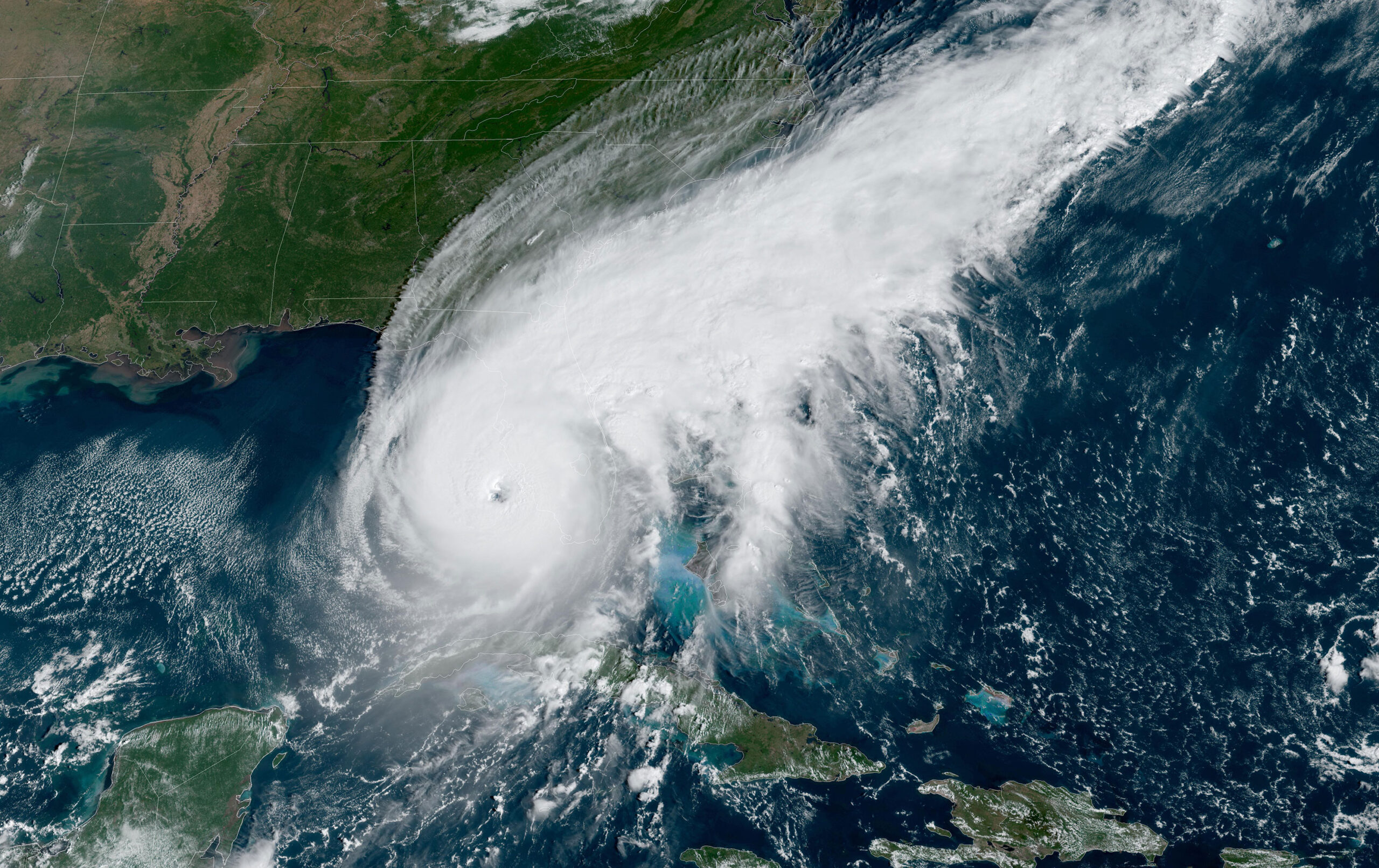
September 25, 2025
Hurricanes are devastating; deciding to hunker down or evacuate is imperative to staying safe. When people learn about the triggers for evacuation and how local alerts work, they have a basis for making decisions. This post examines the key considerations surrounding these critical decisions.
Understanding Hurricane Evacuation Triggers
Many triggers inform the evacuation decision, such as storm forecast intensity, flooding potential, and local susceptibility. Authorities commonly use meteorological data to evaluate these variables. Residents are encouraged to follow the storm’s path when a hurricane approaches.
Emergency management teams consider a few factors when issuing evacuations. The biggest threat is still storm surge, particularly along coastal areas. High winds and heavy rains may further influence the decision. Knowing these triggers can help you understand how to prepare your house for a hurricane.
The Role of Local Alerts
Alerts close to home are essential for communities. Authorities can disseminate them via different media, such as radio, television, and mobile notifications. Remaining up to date with this information allows you to receive evacuation and safety recommendations promptly.
Alert systems are essential for knowing where to seek shelter and how to evacuate. They also inform residents of changes in the weather patterns. Understanding how these systems operate can make a life-or-death difference during a hurricane.

Preparing for Evacuation
Successful hurricane evacuations depend on preparation. A well-laid plan leaves you with one less thing to worry about. Pack your essentials beforehand and gather necessary documents, medications, and supplies.
Understanding the possible evacuation routes and having a transportation plan are critical. Traffic can jam up very fast, so leaving early is often recommended. Knowing these logistics clarifies the evacuation process.
Deciding to Stay
Some individuals will remain, even if authorities order them to evacuate. It’s a decision that really shouldn’t be taken lightly. However, staying comes with a heavy investment and knowledge of the risk. Those who remain should prepare to survive without help for a few days.
Knowing how to protect the home from hurricane damage is also critical. That means boarding up windows and tightening doors. Local alerts are still crucial for those who choose to stay updated.
The Importance of Community Support
Community is crucial during a hurricane. Neighbors’ preparation can help each other immensely, and they can also share resources. Having one another as a caring community up against the hurricane can help tremendously.
Along with that support, local organizations often have an essential role. At times, they might provide shelter, food, and several resources. Connecting with these groups can offer more resources to help those impacted by the hurricane.
After the Storm
After the hurricane, it is all about recovering. The focus is on getting the evacuees back home safely. Visit the local alert centers for more information on road conditions and other hazards.
Damage assessment and repairs are crucial to recovery. Experts stress the importance of community support at this time, and getting together can initiate rebuilding and return to normalcy sooner.
Conclusion
Choosing whether to evacuate or hunker down when a hurricane is near is one of your most important choices. Knowing what to look for to get out, and paying attention to local alerts, can help each person know whether to stay put or to get out of the way. In general, preparation, community awareness, and focus on safety are key aspects that need to be taken care of, so you can handle any challenges a hurricane poses well and seamlessly. Being aware and prepared allows individuals to safeguard themselves and those close to them when faced with these intense storms.
Subscribe to our newsletter.
This article was originally published on IMPAKTER. Read the original article.



